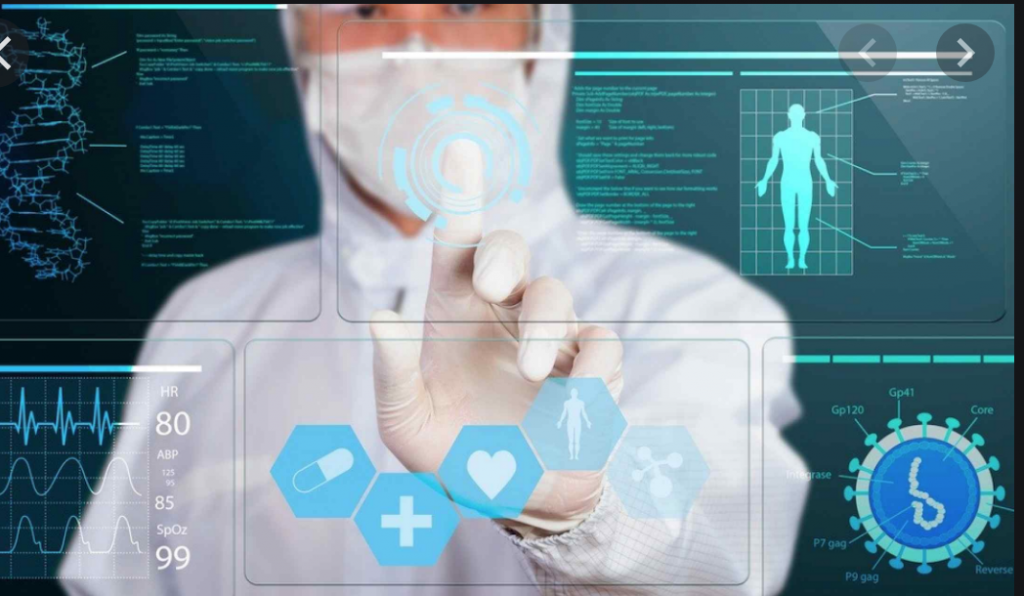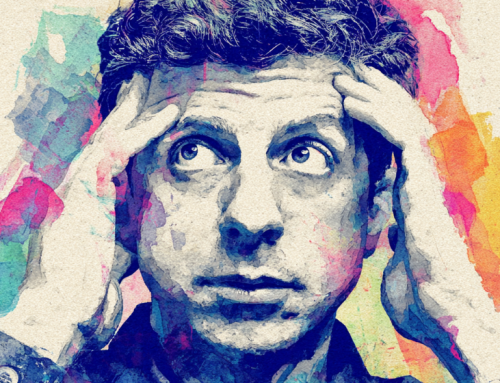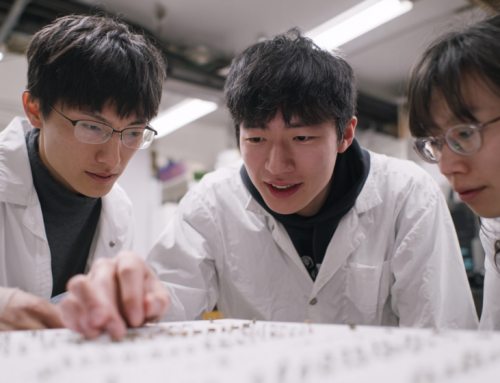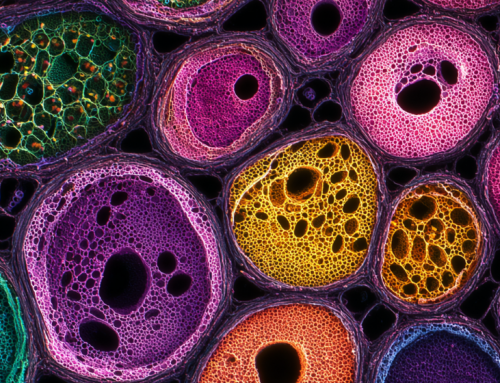
The Mayo Clinic’s algorithm saved a life by discovering missed details.
More Good Results With AI Algorithm
For at least two years Seeflection.com has brought you good news stories about AI and its huge effect it is having on practically any industry you can name. But a big producer of incredible results in our stories is about using AI software for medical purposes.
We did just a story this month about AI software that can detect moles, growths, or skin problems and connect you and that information on your smartphone. We have published some articles about AI-driven robot assistants in hospitals that check on patients or for virus-related cleaning and so much more. Well here is another example of AI coming to the rescue of a man who was days away from an afib-driven heart attack.
Casey Ross with statnews.com writes about a retiree Robert Maercklein in Minnesota who actually worked for many years at the Mayo Clinic. You can be sure he received the best in medical testing and treatments. These renowned doctors missed a problem, however. Then last fall, an artificial intelligence algorithm read his EKGs and spotted something else: a sign that indicated an elevated risk of atrial fibrillation.
Specifically, the algorithm, created by physicians at Mayo Clinic, found Maercklein had an 81.49% probability of experiencing A-fib, a quivering or irregular heartbeat that can lead to heart failure and stroke. Just days later, after Maercklein agreed to participate in a research study, a wearable Holter monitor recorded an episode of A-fib while he was walking on a treadmill.
“I would have never known that I had A-fib,” said Maercklein, a 73-year-old retired hospital finance executive at Mayo who lives in rural Olmsted County, Minn. “For me, it worked out incredibly well. Without this study, who knows when I would have been diagnosed.”
AI software has become so sophisticated it is used to train surgeons and in some cases assist them in real-time in a real operating room. But AI is not going to solve all medical problems. And even the software that saved this particular Minnesota patient is not guaranteed to find afib problems in everyone else. But it will continue to produce nothing short of miracles in many cases around the world.
After AI Finds Problems
One of the most important parts of this story is the fact the AI signaled doctors who then changed the type of medicines and treatment they were giving or not giving Robert Maercklein.
The finding dramatically altered the course of his care. He was put on a blood thinner and eventually received a pacemaker. These interventions that happen too late, or not at all, are the reasons that hundreds of thousands of people die every year of untreated heart disease.
“As we’re able to produce ever more precise information, the pressure on us to prove that we can use that knowledge to help patients is going to be ever greater,” said Harlan Krumholz, a cardiologist and director of the Center for Outcomes Research and Evaluation at Yale University. “We’re still early in understanding how to harness this properly for the benefit of individuals.”
The article also touches on some of the products all ready on the market to do similar medical alerts.
That kind of AI performance could make it much easier to diagnose the condition, which occurs intermittently and often for short periods, by identifying the group of people most likely to benefit from continuous monitoring. Companies such as Apple and Fitbit have spent huge sums to embed monitoring algorithms into smartwatches and other devices, but experts say the information they deliver is rarely clinically meaningful.
“The problem with the Apple Watch is that it’s sort of screening everybody and there’s such a high rate of false positives,” said Michael Rosenberg, an electrophysiologist at the University of Colorado who published a paper in Circulation, the journal of the American Heart Association, on the use of machine learning to predict A-fib and other conditions.
The growth of AI and its use in the medical field will continue to save lives and solve problems that would have gone unsolved without it. AI continues to produce miracles that touch all of us one way or another.
read more at statnews.com







Leave A Comment